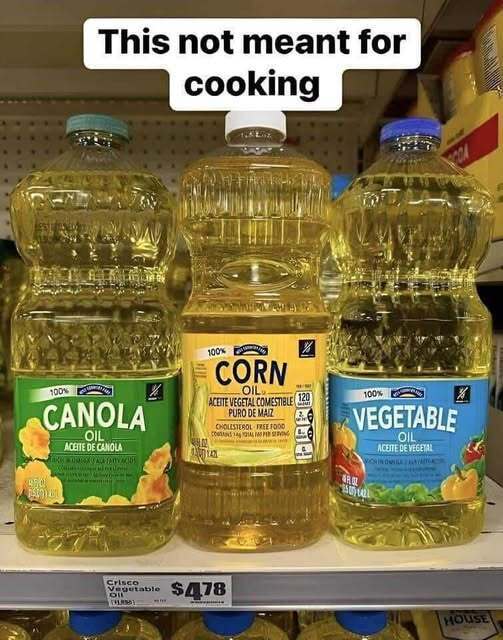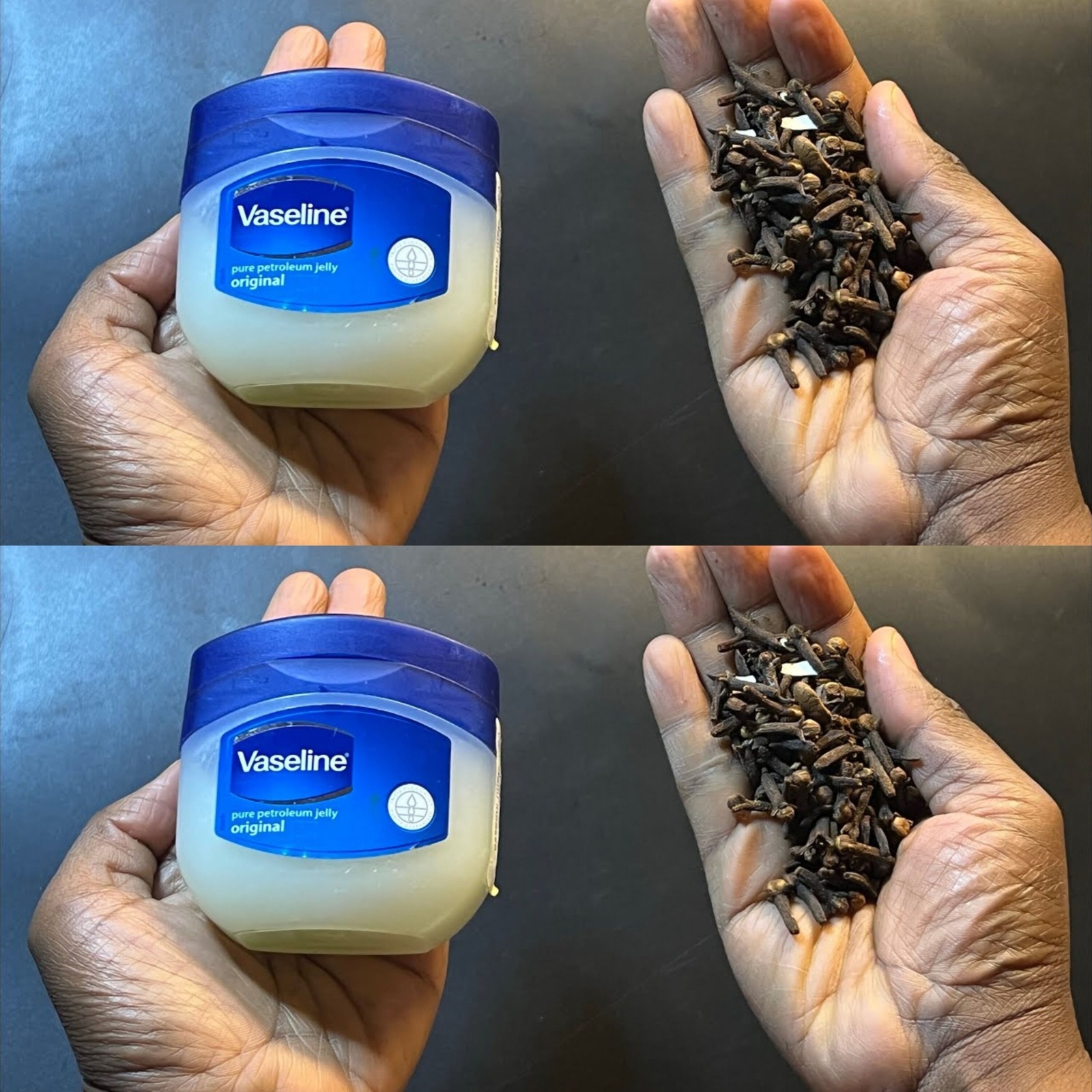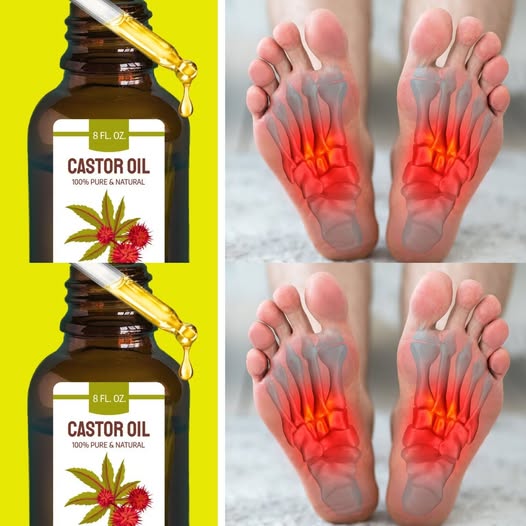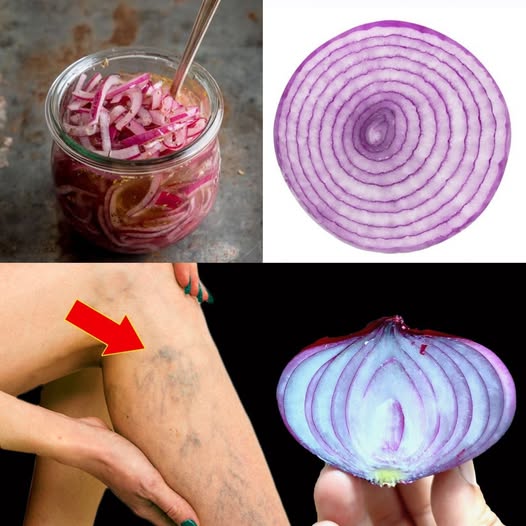
These Oils Are Not Ideal for Cooking: What You Need to Know
Cooking oils play a vital role in preparing meals, but not all oils are created equal. Many common options like canola, corn, and vegetable oils are affordable and widely used. However, these oils may not be ideal for cooking, especially when exposed to high heat. Let’s dive into why these oils could pose health risks and explore healthier alternatives.
Why These Oils Are Not Ideal for Cooking
High Omega-6 Fatty Acid Content
Canola, corn, and vegetable oils are rich in omega-6 fatty acids. While omega-6 is an essential nutrient, the modern Western diet tends to include an excessive amount. This excess disrupts the balance with omega-3 fatty acids, which is crucial for reducing inflammation. An imbalance of these fatty acids has been linked to:
- Increased inflammation
- Higher risks of heart disease
- Obesity and metabolic disorders
- Other chronic inflammatory conditions
Reducing your intake of omega-6-rich oils can help restore balance and support better health.
Read more: Discover a Natural Botox Alternative for Smoother, Younger-Looking Skin
Harmful Refining Processes
The refining process for oils like corn, soy, and vegetable oil involves high heat and chemical solvents such as hexane. This process strips the oils of beneficial nutrients and antioxidants, leaving behind a highly processed product with minimal health benefits.
Key issues with refined oils include:
- Loss of natural antioxidants
- Reduced nutritional value
- Presence of chemical residues from solvents
Low Smoke Points and Toxic Compounds
These oils have relatively low to moderate smoke points. When heated beyond their smoke points, they begin to break down, releasing harmful compounds like:
- Free radicals: These can damage cells and contribute to chronic diseases.
- Acrolein: A toxic compound that affects flavor and poses health risks.
Cooking methods like frying or sautéing with these oils can lead to the formation of these unhealthy substances, making them less than ideal for high-heat cooking.
Presence of Trans Fats
During the refining process, small amounts of trans fats can form in these oils. Trans fats are known to:
- Raise bad cholesterol (LDL)
- Lower good cholesterol (HDL)
- Increase the risk of heart disease, stroke, and type 2 diabetes
Even trace amounts of trans fats can accumulate in the body over time, leading to long-term health concerns.
Healthier Alternatives to Consider
Switching to more stable and nutrient-rich oils can significantly improve your health. Here are some excellent alternatives:
Extra Virgin Olive Oil
- Benefits: Rich in monounsaturated fats and antioxidants, olive oil supports heart health and reduces inflammation.
- Best Uses: Ideal for low to medium-heat cooking, salad dressings, and drizzling over dishes.
Coconut Oil
- Benefits: Contains medium-chain triglycerides (MCTs) that provide quick energy and support metabolism.
- Best Uses: Perfect for high-heat cooking like frying or roasting.
Avocado Oil
- Benefits: Packed with healthy fats and vitamin E, avocado oil has a high smoke point, making it suitable for frying and grilling.
- Best Uses: Great for high-heat cooking and as a dressing for salads.
Ghee or Clarified Butter
- Benefits: Ghee is rich in fat-soluble vitamins (A, D, E, and K) and has a high smoke point.
- Best Uses: Excellent for sautéing, frying, and baking.
Tips for Choosing the Right Cooking Oil
- Check the Smoke Point: Choose oils with a high smoke point for high-heat cooking.
- Opt for Cold-Pressed Oils: These retain more nutrients and are less processed.
- Read Labels: Avoid oils with added chemicals or hydrogenation.
- Store Properly: Keep oils in a cool, dark place to prevent oxidation.
Why Switching Oils Matters
Making the switch to healthier oils can lead to:
- Reduced inflammation in the body
- Improved heart health
- Better nutrient absorption
- Lower exposure to harmful compounds
By choosing oils that are stable and nutrient-dense, you can enhance the flavor of your meals while supporting your overall well-being.
Read more: Experience the Power of Clove Tea: Uncover the Incredible Benefits of Boiling Cloves
Final Thoughts: Choosing Health Over Convenience
While canola, corn, and vegetable oils are inexpensive and widely available, they come with significant health risks, especially when used for high-heat cooking. Opting for healthier alternatives like extra virgin olive oil, coconut oil, or avocado oil can make a big difference in your health journey.
These oils not only withstand higher temperatures but also provide essential nutrients and health benefits. Next time you’re in the kitchen, prioritize your health by choosing oils that are better for cooking and your body.












